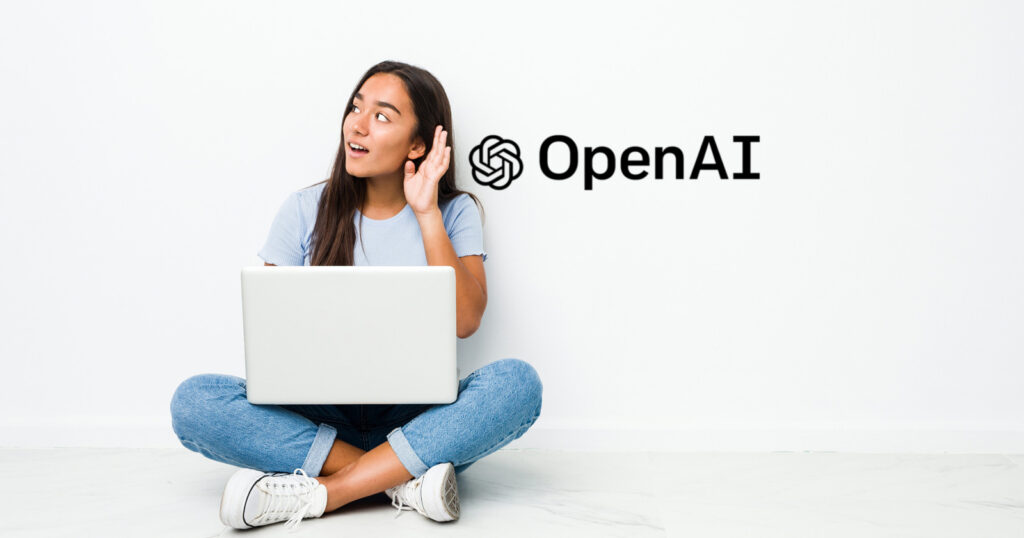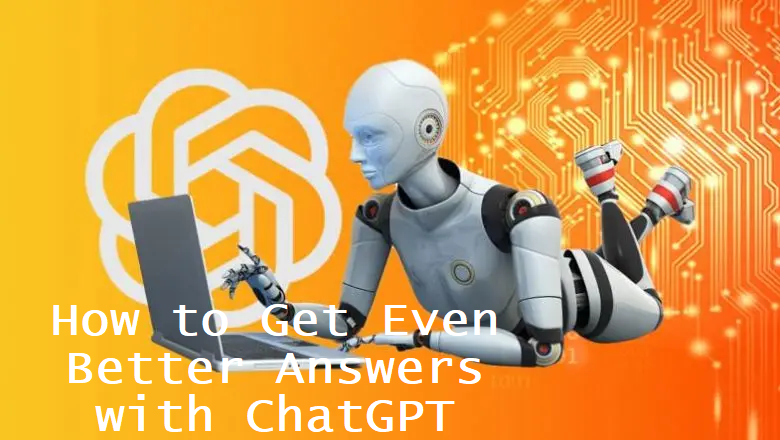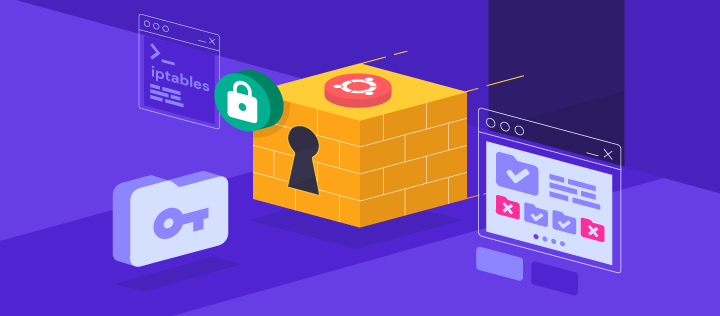ChatGPT is a powerful language model developed by OpenAI that can answer a wide range of questions with high accuracy and fluency. However, to get the most out of this tool, there are a few tips and tricks that can help you get even better answers.
ChatGPT, an AI language model developed by OpenAI, is a powerful tool for getting answers to a wide variety of questions. Whether you’re looking for information on a specific topic, or just need help with a task, ChatGPT is designed to provide quick and accurate answers. However, getting the best answers from ChatGPT requires a little bit of know-how. In this article, we’ll cover some tips and tricks for getting better answers from ChatGPT.
Ask Clear and Specific Questions
When asking questions of ChatGPT, it’s important to be as clear and specific as possible. Vague questions like “What is the meaning of life?” or “What is love?” are unlikely to yield useful results. Instead, try to ask questions that are specific and well-defined. For example, “What is the definition of love?” or “What is the origin of the phrase ‘the meaning of life’?” are much more likely to get you the information you’re looking for.
When asking a question to ChatGPT, it is important to be as specific and clear as possible. This means avoiding ambiguity and being precise in your wording. For example, instead of asking “What is the capital of France?” you could ask “What is the name of the capital city of France?” This will give ChatGPT a clear understanding of what information you are looking for.
Use Proper Grammar and Spelling
ChatGPT is trained on a massive amount of text, but it’s still an AI model, not a human. This means that it may not understand your questions if they are badly written or contain errors in grammar or spelling. To get the best answers from ChatGPT, make sure to use proper grammar and spelling in your questions.
Including relevant keywords in your question can help ChatGPT understand the context and provide a more accurate answer. For example, if you want to know the names of the countries in Europe, you could ask “What are the names of the countries in Europe?” instead of simply asking “What are the countries in Europe?”

Be Specific About Time and Place
When asking questions about events or things that happened in the past, it’s important to be specific about the time and place. For example, instead of asking “What was the significance of the American Revolution?” you might ask “What were the causes and consequences of the American Revolution, and how did it impact the world in the late 1700s?” This will help ChatGPT to understand exactly what information you’re looking for.
ChatGPT is designed to provide concise answers, so it’s important to be concise in your questions as well. Avoid asking long, complex questions or including unnecessary details.
Use Quotes for Exact Phrases
If you’re looking for information about a specific phrase or quote, put the phrase in quotes when you ask ChatGPT. For example, if you want to know who said the phrase “The only constant in life is change,” you would ask “Who said ‘The only constant in life is change’?” This will help ChatGPT to understand that you’re looking for information about a specific phrase, and not just a general concept.
ChatGPT is trained to answer a wide range of questions, but it may struggle with complex questions that require a deep understanding of a topic. If you have a complex question, it’s best to break it down into smaller, simpler questions.
Keep Questions Short and to the Point
ChatGPT is designed to provide quick answers, so it’s best to keep your questions short and to the point. Long, rambling questions are unlikely to yield useful results. Instead, try to ask clear, concise questions that get straight to the point.
There are a number of tools and applications available that can help you get better answers with ChatGPT. For example, you can use a conversational AI platform that integrates ChatGPT to create a more natural and intuitive experience for users.

Be Prepared for Multiple Responses
ChatGPT is a powerful tool, but it’s still an AI model, not a human. This means that it may not always provide the exact answer you’re looking for. If you don’t get the answer you’re looking for, try rephrasing your question or asking a different question that gets at the same information. It may also be helpful to provide ChatGPT with additional context or information about the topic you’re asking about.
Use Keywords in Your Questions
When asking questions of ChatGPT, it’s important to use keywords that are relevant to the topic you’re asking about. This will help ChatGPT understand what information you’re looking for, and provide you with more accurate answers.
In conclusion, getting better answers from ChatGPT requires a bit of know-how. By asking clear and specific questions.
By following these tips and tricks, you can get even better answers with ChatGPT and make the most of this powerful language model. Whether you’re looking for information on a specific topic or simply want to have a conversation, ChatGPT is a valuable tool that can help you find the answers you’re looking for.



